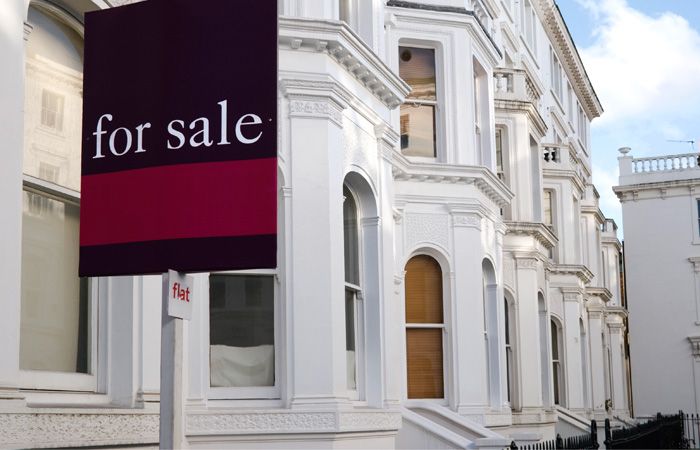UK house prices grew 0.6 per cent from June to July, or 2.5 per cent on an annual basis, according to Nationwide’s July house price index. The average house price now stands at £217,010.
This is a slight improvement on last month’s numbers, when prices grew by 2.0 per cent.
“Nonetheless,” says Nationwide chief economist Robert Gardner, “annual house price growth remains within the fairly narrow range of circa 2.0-3.0 per cent which has prevailed over the past 12 months, suggesting little change in the balance between demand and supply in the market.”
The building society expects little to change in the near future, citing subdued economic activity and a continuing squeeze of household budgets, although it does say that borrowing costs should remain low. Gardner adds: “Overall, we continue to expect house prices to rise by around 1% over the course of 2018.”
It is difficult to ignore the backdrop this takes place against: tomorrow the Monetary Policy Committee will meet to discuss the possibility of raising the UK base rate from 0.50 per cent to 0.75 per cent. Gardner says that if it does rise, the impact on households will be “modest”.
“This is partly because only a relatively small proportion of borrowers will be directly impacted by the change… the vast majority of new mortgages have been extended on fixed interest,” Gardner reports.
“Indeed, the share of outstanding mortgages on variable interest rates… has fallen to its lowest level on record, at circa 35 per cent, down from a peak of 70 per cent in 2001.”
North London estate agent and former RICS residential chairman Jeremy Leaf says: “Supply and demand remain broadly in line and the shortage of stock, as well as low interest and jobless rates, prevent a larger fall.
“This balance is likely to be disturbed by even a modest increase in mortgage rates, even though relatively few borrowers will be affected by the change as they are on fixed-rate mortgages. But the direction of travel always seems to have an adverse impact on confidence and is likely to reduce low levels of transactions even further.”
Yopa chief property analyst Mike Scott comments: “Nationwide expects the Bank of England to increase its base lending rate. The immediate impact on the market should be minimal.”
“However, it may affect market sentiment, especially if it is followed by another rate rise within a few months. If the cost of borrowing continues to creep up, the longer-term effect on the housing market may be more severe… however, the shortage of supply will continue to prop the market up, and any reversals are likely to be short-lived.”
Foundation Home Loans marketing director Jeff Knight adds: “A looming decision around rate rises may cast a shadow in terms of mortgage activity, with borrowers quickly locking in fixed rate offers, however the overall demand for mortgages continues to keep activity bubbling away.”
“Looking at the wider issues, the lagging supply of new builds failing to meet ongoing demand risks putting a real dampener on activity. With first-time buyers unable to – or choosing not to – get a foot on the property ladder and second-steppers unable – or choosing to wait – to move onto their next property, affordability and the range of properties available are the more pressing issues, for both homeowners and renters alike.”





